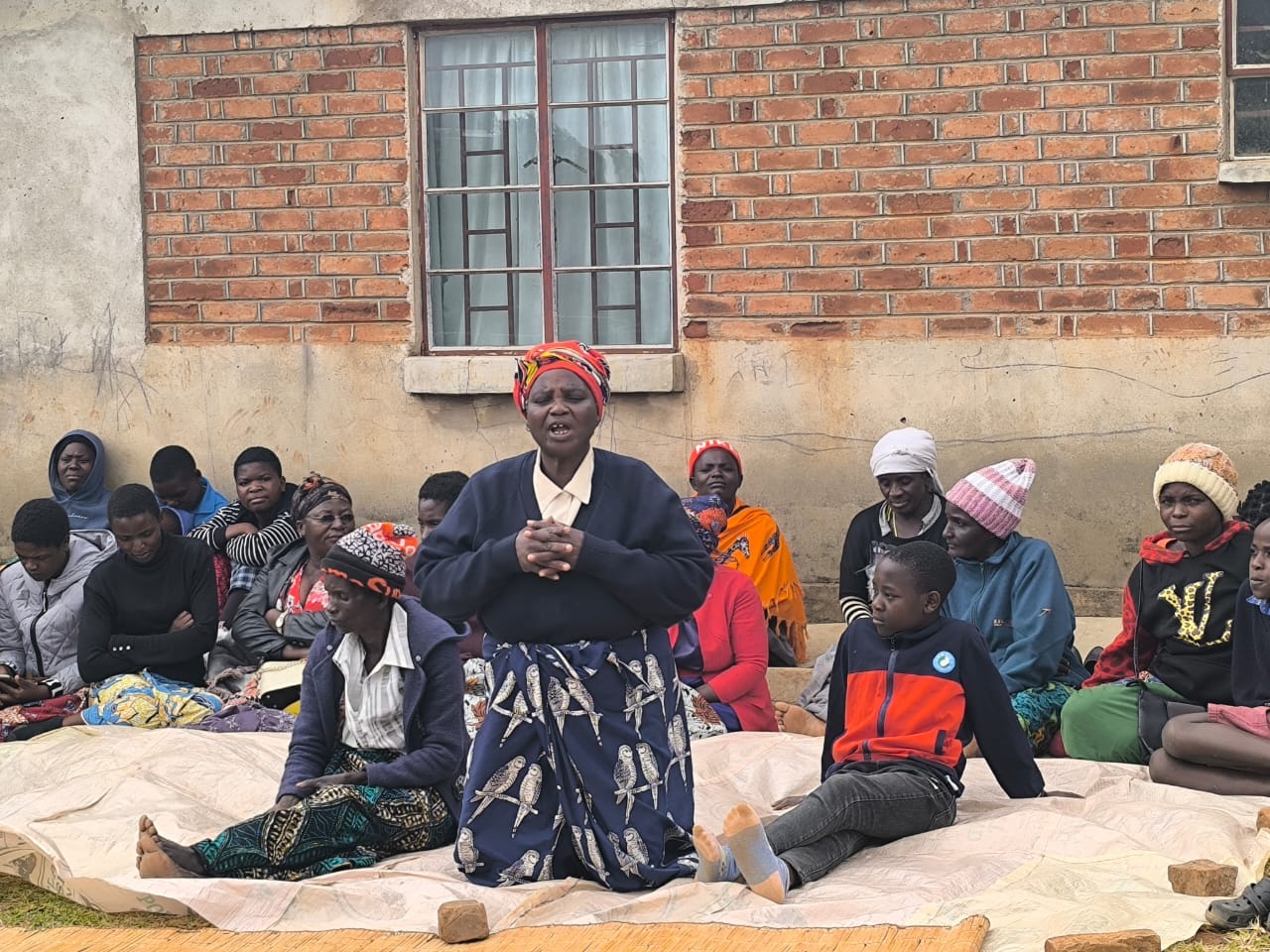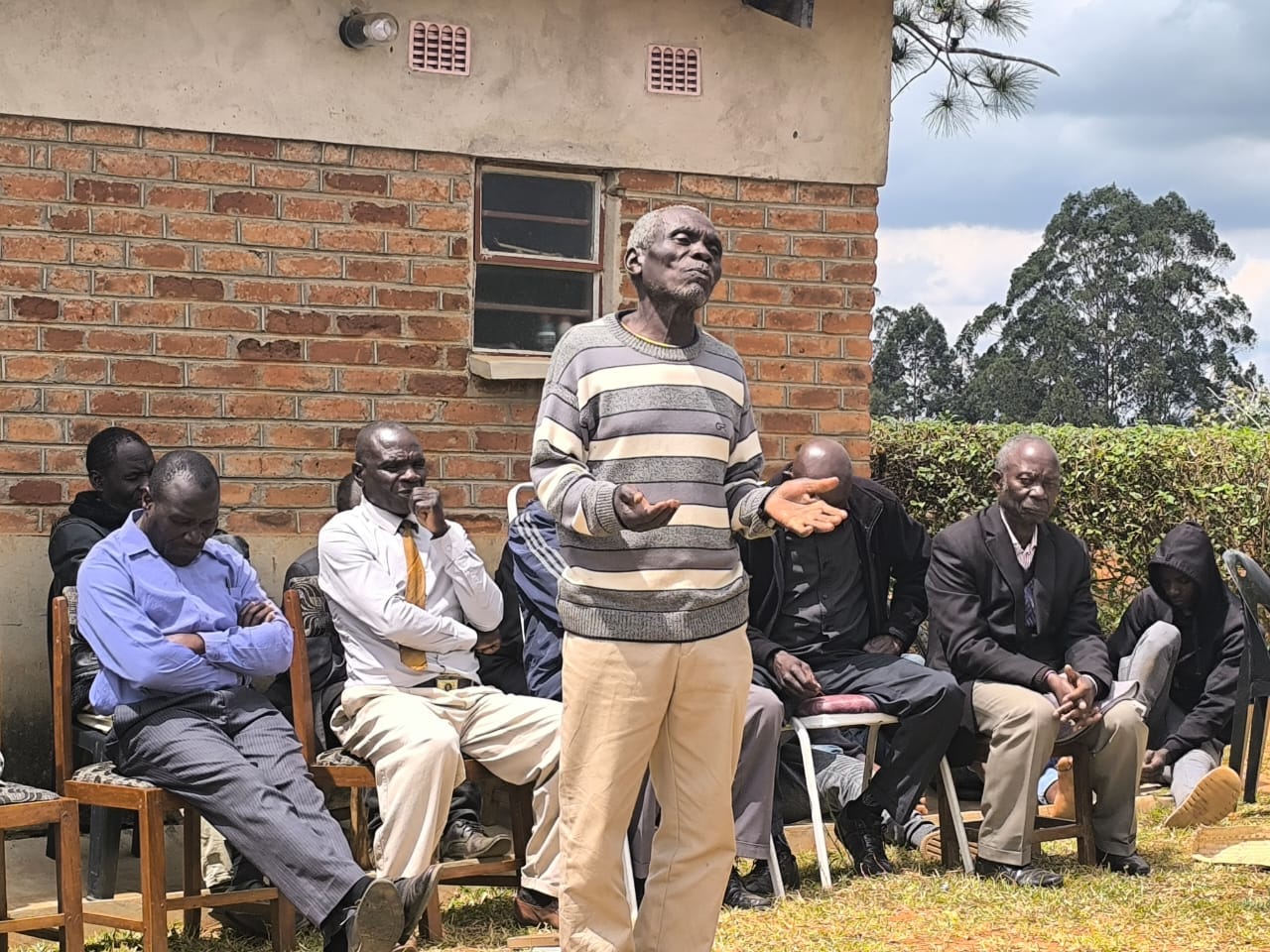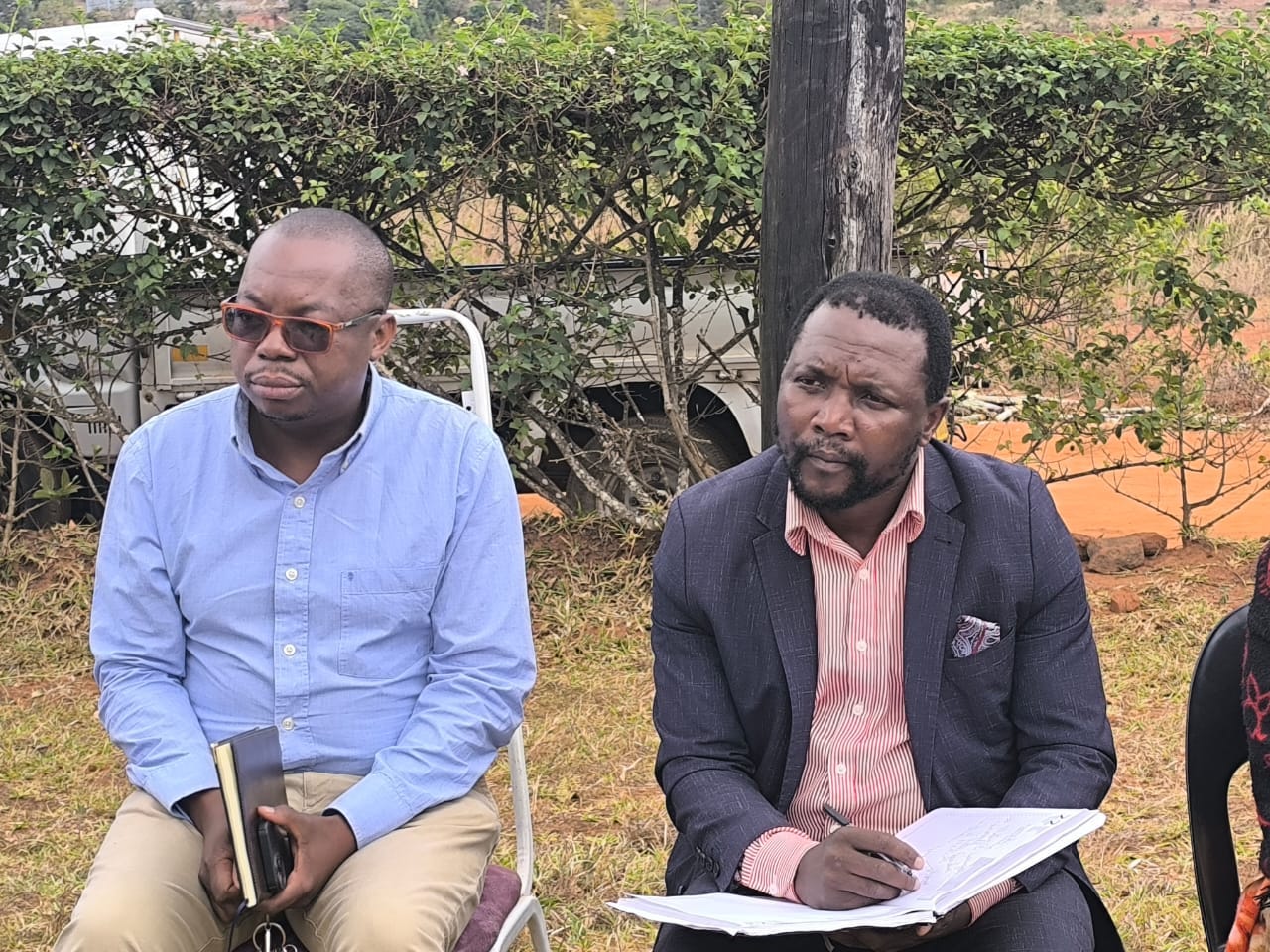59 Malawi households demand K900 million in land dispute
As negotiations proceed, the families of Lusangazi remain in limbo, unable to cultivate their land or develop their properties while awaiting a resolution that could reshape their futures.
MZUZU, Malawi— In an escalating land rights battle, 59 households from Lusangazi, Mzuzu, are demanding K900 million from the Malawi Housing Corporation (MHC) for alleged unjust land acquisition without proper compensation, writes Tionge Hara.
The dispute, which began in 2016, has left many families struggling after being told to cease farming and other activities on their ancestral lands.
"We have really suffered, especially from 2017 when things got worse," said Wayitha Gondwe, chairperson for the evicted group.
"Some 21 houses were given offer letters to buy their own lands, ranging from 1-6 million kwacha, but up to now no one has paid."
Ailes Mwale, 59, one of the victims, expressed her distress: "I have six children. They are not educated because I couldn't manage to pay their school fees. I was hoping to rely on farming, but I can't because the watchmen the MHC employed used to collect our farming equipment from us while showering threats."
Village Chief Vincent Wagaluka Tembo voiced his community's shock at the MHC's claims. "We need our lands back or they give us our money so we can start farming and continue with our daily lives," he said.
"It is not done to give someone K200,000 to start a new life because it's very little."
The Youth-Watch Society (YOWSO), in partnership with the Southern Africa Litigation Centre, is supporting the affected families.
Edward Kantuseya Gama, YOWSO's programs manager, stated, "We condemn the way MHC acquired land from the Lusangazi Community without following proper land acquisition procedures."
Victor Gondwe, the lawyer representing the families, detailed the legal grounds for their claim in an interview with AfricaBrief.
"Malawi Housing Corporation compulsorily acquired land from them without due process," Gondwe said.
"There was no proper assessment of what should have been the appropriate compensation in the circumstances."
According to Gondwe, some residents received as little as K4,000 in compensation.
He argues that the MHC failed to provide adequate notice, proper assessment, and relocation provisions.
"What was supposed to be done was to give them sufficient notice in the first place, then the parties should have been engaged in the evaluation process, preferably using an independent valuer," Gondwe explained.
The lawyer emphasized that while his clients are willing to relocate, they insist on fair procedures and compensation.
"The people are willing to move out of the land, as long as due procedure is followed, so that they are able to start a new life wherever they're going," he said.
Gondwe confirmed that an independent valuer has assessed the situation, considering factors such as lost farming opportunities and development restrictions imposed since 2016.
The resulting report serves as a starting point for negotiations.
While the total compensation sought is around K900 million, Gondwe noted this figure is not final.
"We are not strictly going by that. That is just for purposes of initiating a starting point for discussions," he said.
The lawyer expressed hope for an out-of-court resolution, stating that the MHC has committed to discussions within the next two to three weeks.
The MHC spokesperson previously declined to comment, citing ongoing legal proceedings.
As negotiations proceed, the families of Lusangazi remain in limbo, unable to cultivate their land or develop their properties while awaiting a resolution that could reshape their futures.






